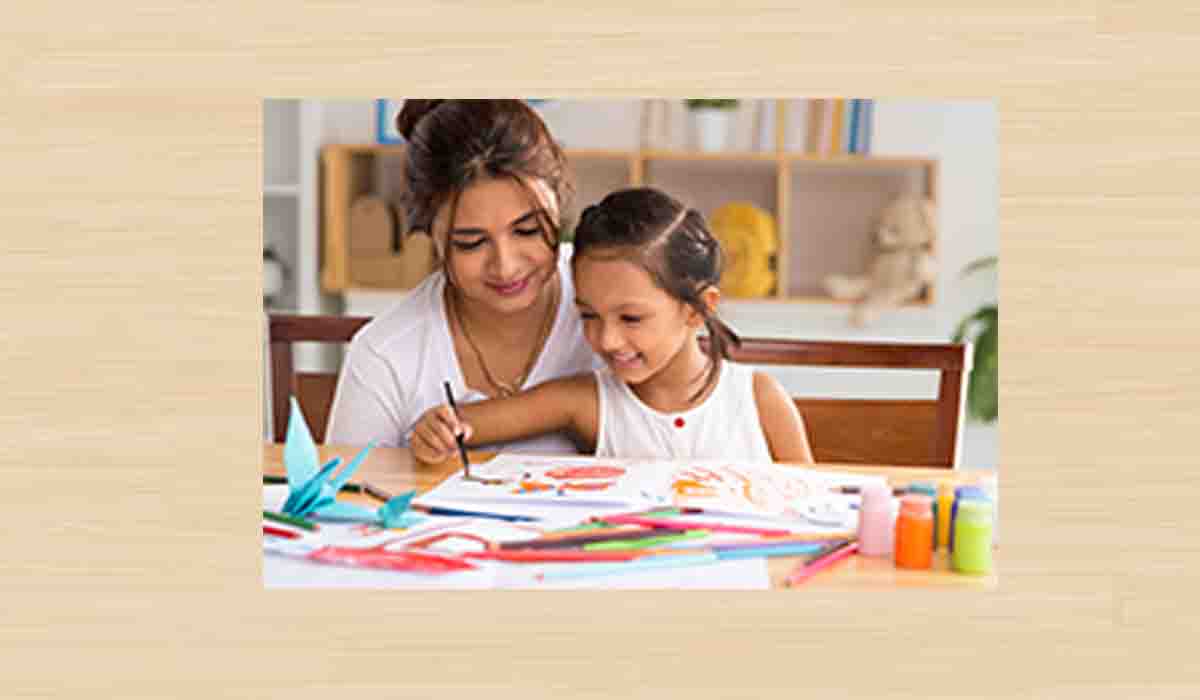
05 Mar Types of Parenting Every Parent Must know About
Even before a child is born into this world, our first thought is “What type of a parent will I turn out to be?” After all, we have seen our parents raise us and we know that parenting is a tough job. While at some point we say, “That’s how I am going to raise my child,” there are times when we say, “I am definitely not going to do something like that to my child.” It can be confusing to make a choice when it comes to parenting a child because you can never know where you might go wrong.
How did Parenting Styles come to being?
Parenting styles might seem diverse and difficult to understand. But, they are also similar in many ways. Speaking of which, parents should know that there are four basic types of parenting styles that were developed by development psychologist, Diana Baumrind, at the University of California at Berkeley. According to Baumrind, there is a close connection between a child’s behaviour and the parenting styles adopted by parents, and they all lead to different outcomes.
Based on this theory and extensive research, interviews, and analyses, Baumrind brought forth three types of parenting styles:
- Authoritative parenting
- Authoritarian parenting; and
- Permissive parenting.
Going forward, Baumrind’s parenting styles were further modified and expanded by Maccoby and Martin in 1983 via a two-dimensional framework. Maccoby and Martin expanded Baumrind’s “permissive parenting” style into two variations-
- Permissive or indulgent parenting; and
- Neglectful parenting
In the end, we have four types of parenting styles. These altogether are termed as the Baumrind or Maccoby and Martin parenting styles which are as follows-
- Authoritative parenting
- Authoritarian parenting
- Permissive parenting; and
- Neglectful Parenting
How do each of the four parenting styles affect children?
Every parenting style has a unique characteristic, hence, it is only natural that the effect they have on a child’s behaviour, growth, and development will be different as well. To understand each of these parenting styles in detail and how they affect children, here are some things you need to know about each one of them.
Authoritative Parenting

This is the most effective style of parenting. In this case, parents are warm and responsive to their children. These parents follow rules explicitly with consequences clearly explained, but, they also ensure that their children’s opinions are taken into account for every important family decision. Authoritative parents respect their children’s feelings but also keep the message clear that the adults are the ones who are ultimately in charge. Parents in this category ensure to prevent any type of behaviour problems in their kids by investing their time and energy in them. These parents also use positive discipline strategies to reinforce good behaviour in their kids by praising their efforts or via a reward system.
Effects of Authoritative Parenting
- Children are much happier and successful
- They possess good decision-making skills
- They have higher academic performance and better social skills
- Kids with authoritative parents are most likely to become responsible adults and are more comfortable in expressing their opinions.
Authoritarian Parenting
Authoritarian parents, unlike authoritative parents, believe that their children must follow the rules that they set for them without any exceptions. These parents do not give their children any clear reasons for the rules that they set but are more interested in negotiations and obedience. A child’s personal opinion is least regarded in this style of parenting. Also, kids with such parents are hardly allowed to be involved in problem-solving activities. Parents in this category believe in punishments to make their kids feel sorry for their mistakes rather than disciplining them to make better choices.
Effects of Authoritarian parenting
- Kids struggle with their academic performance
- They are more aggressive and hostile due to feelings of resentment towards their parents
- There is a chance of children becoming liars so that they can avoid punishment in future.
- Children of authoritarian parents have low self-esteem because their opinions are neither heard nor valued.
Permissive Parenting

If you act more as a friend rather than a parent to your child then you are a permissive parent. Parents in this category are known to be lenient and forgiving and mostly step in when a serious problem arises. They might use consequences like authoritative parents while making rules but the consequences are never permanent. Permissive parents might even agree to give back privileges if a child begs or allow a child to get out of punishment early if he/she promises to be good. They often encourage their children to talk with them about their problems, but they usually don’t put much effort into discouraging poor choices or bad behaviour.
Effects of Permissive Parenting
- They struggle with academics and have low problem-solving skills
- They do not have any value for rules or authority and may exhibit more behavioural problems as they grow.
- They have low self-esteem and may suffer from depression.
- They may be at a higher risk of health problems like obesity and struggle with junk food addiction.
Neglectful Parenting

As the name suggests, in neglectful parenting, parents expect their children to raise themselves. In this case, parents tend to have little knowledge of what their children are doing, in most cases, unknowingly. This happens most of the time because parents lack knowledge about a child’s development or because they are overburdened with responsibilities. These parents have very few rules for their kids and devote very little time and energy to meet their child’s basic needs like parental guidance, attention, and nurturing.
Effects of Neglectful Parenting
- Kids struggle with self-esteem issues.
- Poor academics due to no guidance
- They rank low in happiness and often suffer from depression and might be subject to drug or alcohol abuse in future
- They exhibit impulsive behaviour in difficult situations
Conclusion
Not all parents exhibit one type of parenting style. They might also have a mixed type of parenting style too. While the authoritative parenting style is best among others, it does not mean that you are a bad parent for doing the other three, especially when your intentions for your child’s well-being are good. If you are reading this article and the thought of making changes to your parenting style has crossed your mind then with dedication and a positive attitude, things can start going in the right direction for your child.
So, which parenting style are you following right now? It’s time to make the change.

No Comments